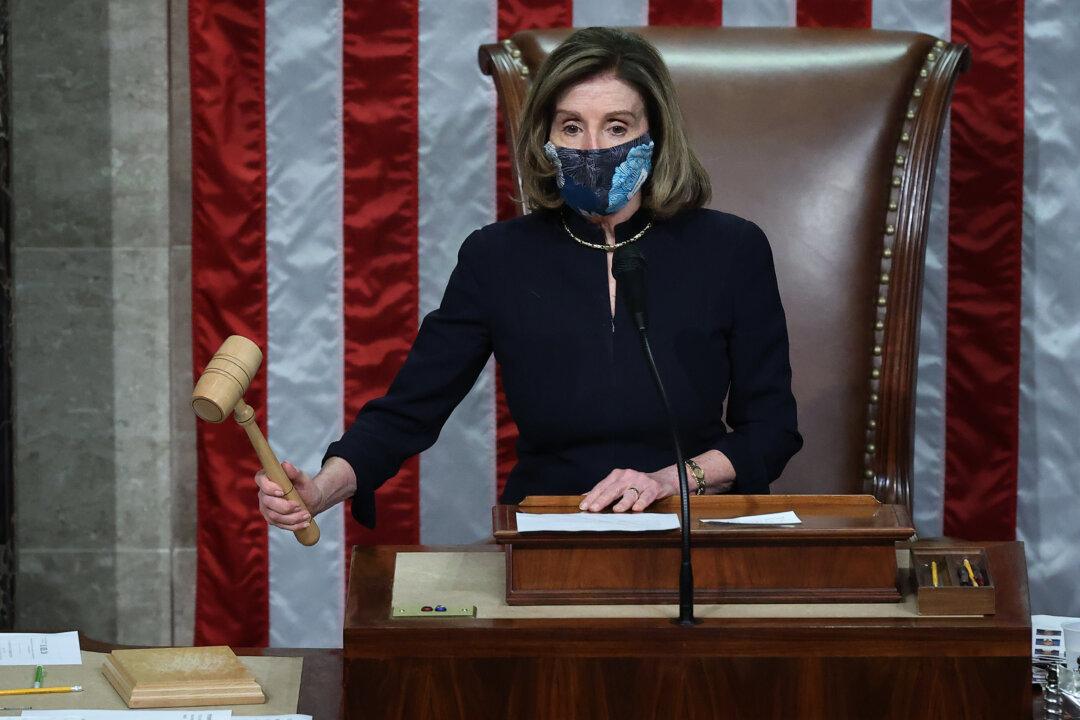The House of Representatives passed a bill on Friday that would decriminalize possession of marijuana at a federal level, sending it to the Senate.
The bill passed by a vote of 220 to 204, with three Republicans—Reps. Tom McClintock (R-Calif.), Brian Mast (R-Mich.), and Matt Gaetz (R-Fla.)—joining Democrats to pass the bill.





